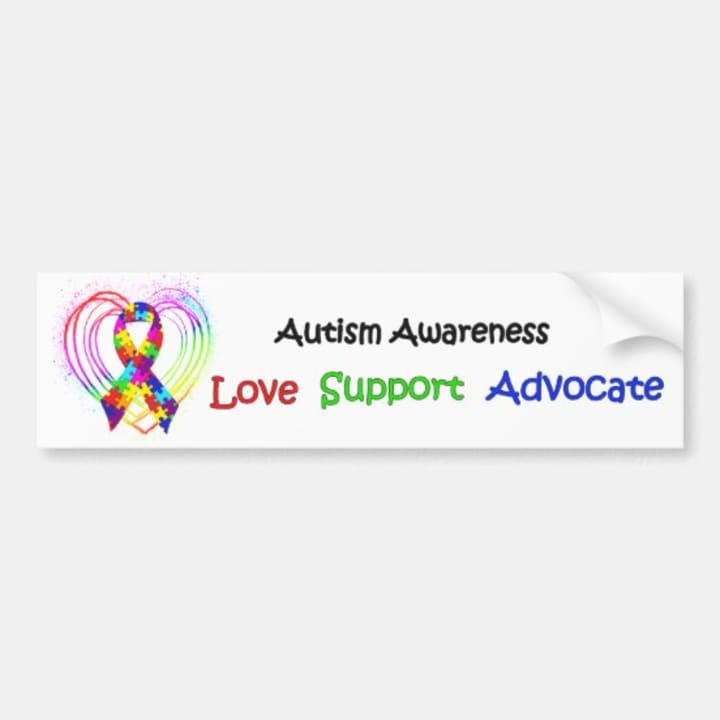ANXIETY
Mental health condition that affects millions of people worldwide

Anxiety is a very common mental health condition that affects millions of people worldwide. It is a normal and natural response to stress, danger or perceived threat, but when anxiety becomes excessive and persistent, it can interfere with daily activities and quality of life. Anxiety disorders are among the most common mental health disorders and can range from mild to severe.
According to the World Health Organization, an estimated 264 million people worldwide suffer from an anxiety disorder. In the United States, anxiety disorders are the most common mental health condition, affecting over 40 million adults.
Anxiety is a common co-occurring condition in individuals with autism. People with autism may experience anxiety for a variety of reasons, including sensory overload, difficulty with social interactions, difficulty with transitions or changes in routine, or feeling different or misunderstood by others.
Studies have shown that up to 40% of individuals with autism also have an anxiety disorder. Symptoms of anxiety in individuals with autism may include increased irritability or meltdowns, difficulty sleeping or staying asleep, avoidance of social situations or places that may cause anxiety, physical symptoms such as sweating, shaking, or rapid heartbeat, and repetitive behaviors or rituals to help manage anxiety.
It is important to recognize that anxiety can have a significant impact on the daily lives of individuals with autism and their families. It's important to seek help from a qualified healthcare provider who has experience working with individuals with autism. Treatment for anxiety in individuals with autism may include cognitive-behavioral therapy, medication, or a combination of both. Additionally, sensory accommodations or other adjustments to the environment may be helpful in reducing anxiety and improving overall well-being.

Selective serotonin reuptake inhibitors (SSRIs): SSRIs are a type of antidepressant medication that can be used to treat anxiety disorders. These medications work by increasing the levels of serotonin in the brain.
Serotonin-norepinephrine reuptake inhibitors (SNRIs): SNRIs are another type of antidepressant medication that can be used to treat anxiety disorders. These medications work by increasing the levels of both serotonin and norepinephrine in the brain.
Benzodiazepines: Benzodiazepines are a type of sedative medication that can be used to treat anxiety disorders. These medications work by enhancing the effects of a chemical in the brain that helps to reduce anxiety.
Buspirone: Buspirone is a medication that is specifically used to treat anxiety disorders. This medication works by affecting the levels of certain chemicals in the brain.
Beta-blockers: Beta-blockers are a type of medication that can be used to treat anxiety that is related to performance or social situations. These medications work by blocking the effects of certain chemicals in the body that can cause physical symptoms of anxiety, such as rapid heartbeat and sweating.
It's important to note that medication should only be used under the guidance of a qualified healthcare provider who can determine the best course of treatment for your specific needs. Some medications may have side effects or interact with other medications or health conditions, so it's important to discuss your options with a healthcare provider. Additionally, medication is often used in combination with therapy and other self-care techniques to help manage anxiety symptoms.
Click here: Looking for new anxiety management techniques!

Autism is a neurodevelopmental disorder that affects social communication, behavior, and sensory processing. It is important to recognize that individuals with autism are unique and have their own strengths and challenges.
Remember, managing anxiety is an ongoing process that may involve a combination of different strategies. With time, effort, and support, you can learn to manage your anxiety and lead a fulfilling life.
"By showing love and support to children with autism, we can help them thrive and reach their full potential."

About the Creator
Mindy@meilin
I'm always striving to spread happiness wherever I go. Whether it's through a kind word or a sunny disposition, I'm dedicated to bringing a little bit of light into the lives of those around me.






Comments
There are no comments for this story
Be the first to respond and start the conversation.